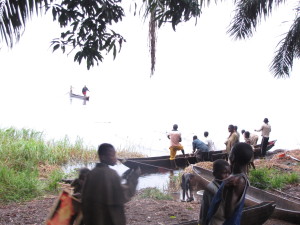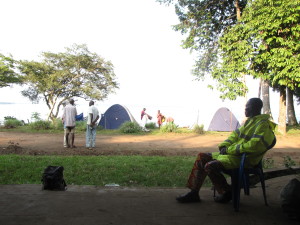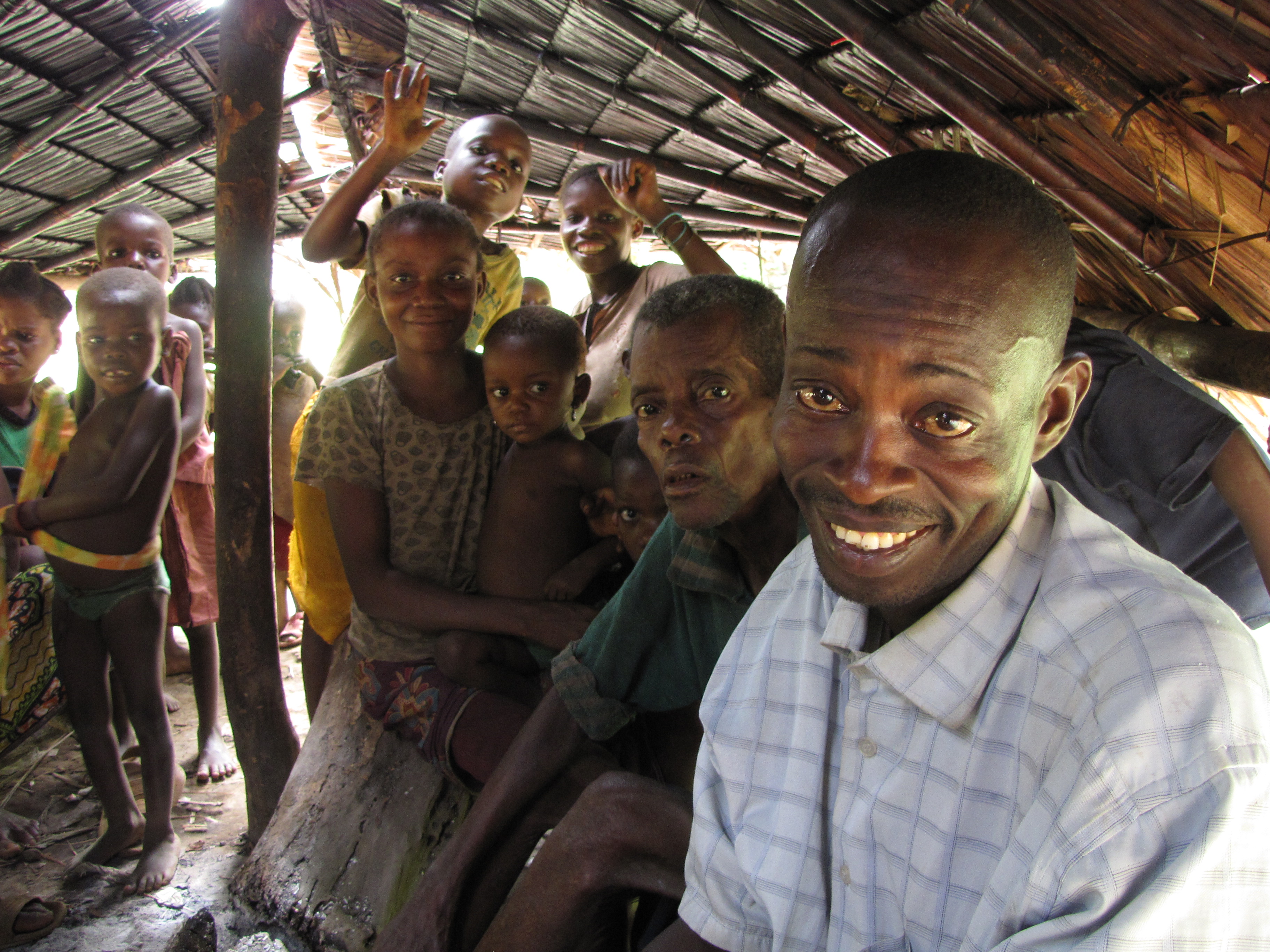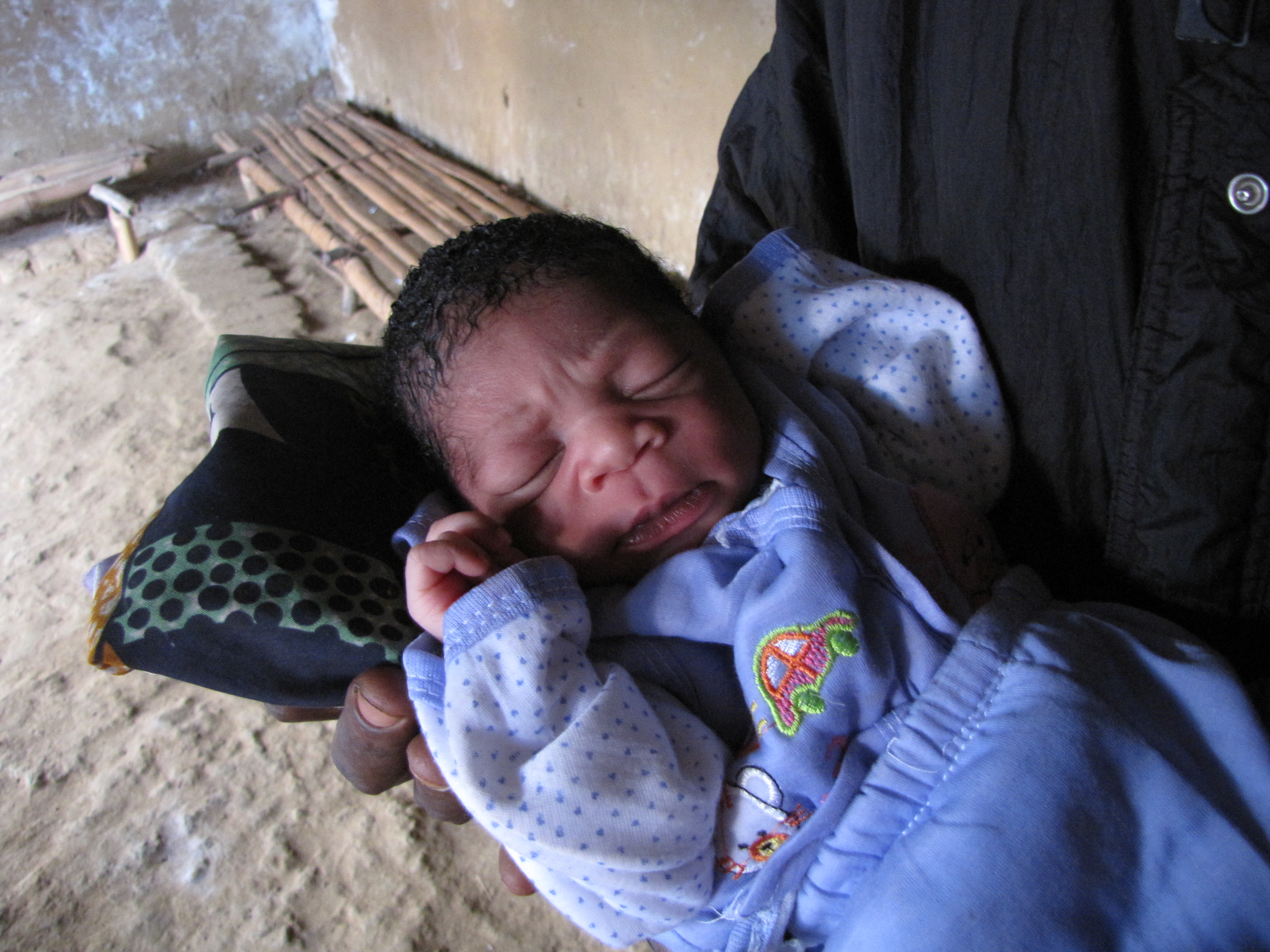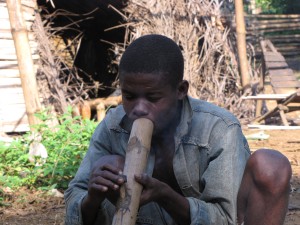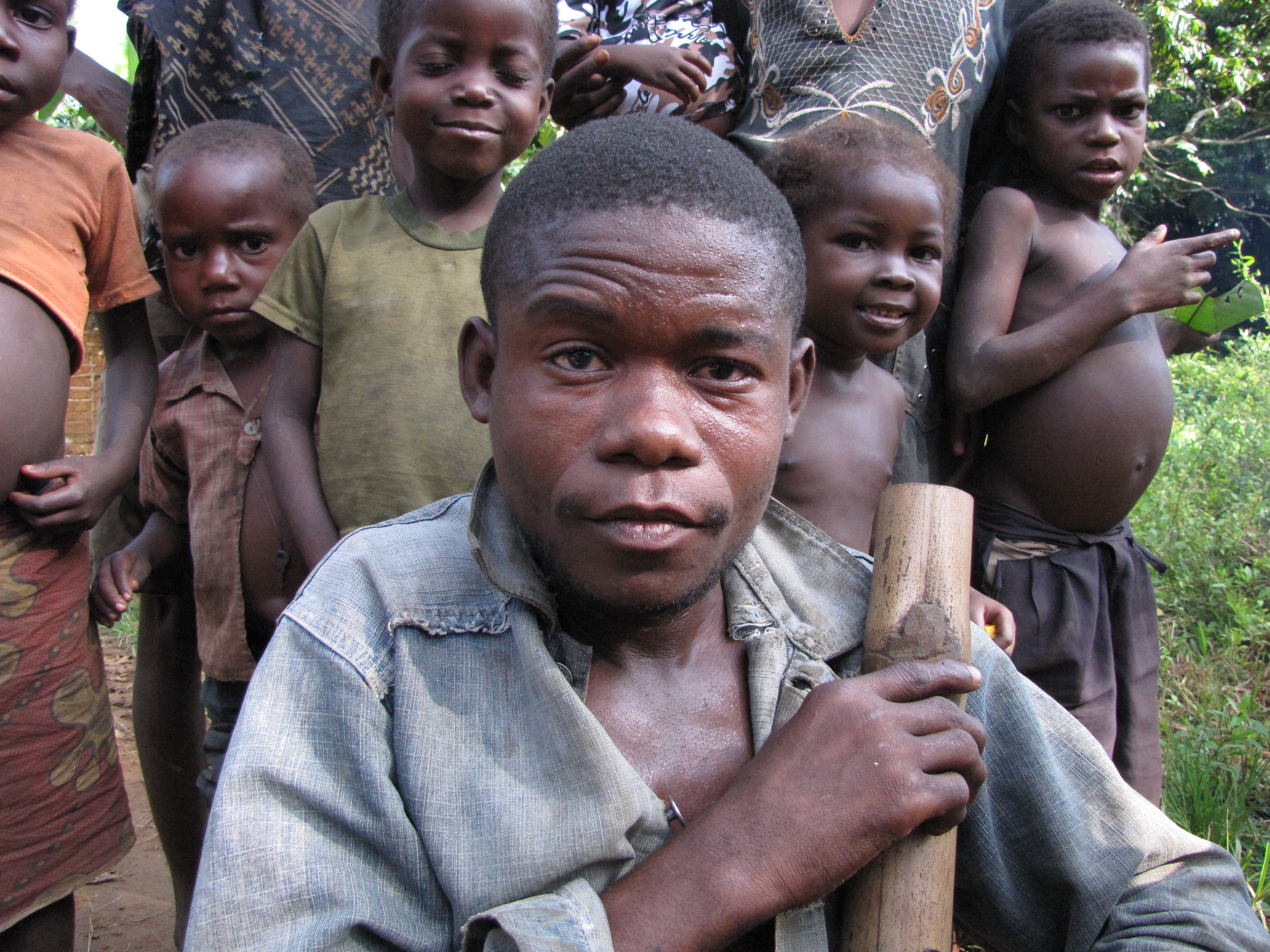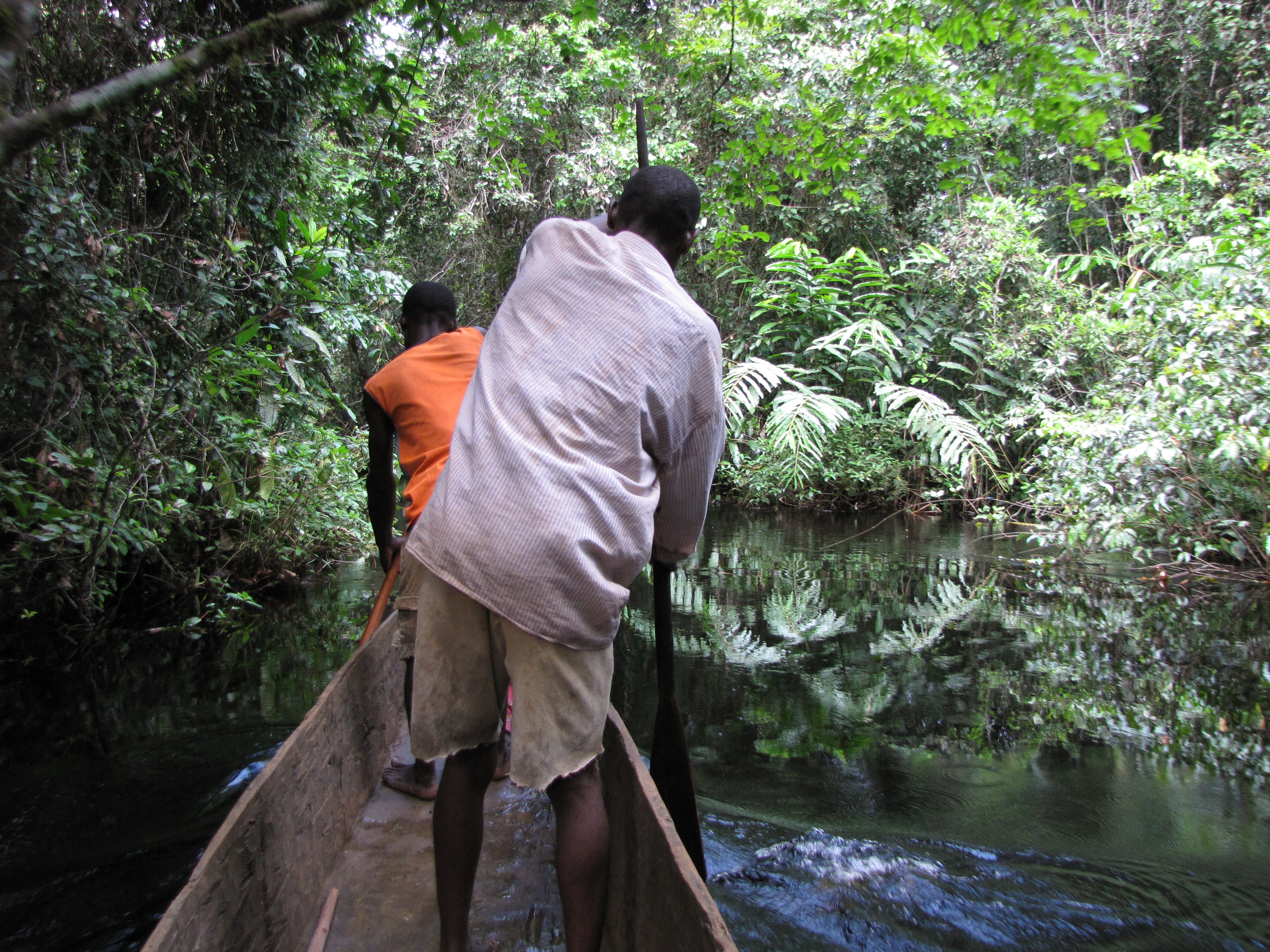Another story from inland, told to me by the chief’s daughter on the shores of Lake Tumba,
One day all the animals in the world gathered together to vote for a chef, and when all the votes were counted, the winner turned out to be the Lion – which of course made the Lion very happy. His first decree, now that he had the authority to do so, was that he should be properly enthroned, with proper celebrations as befitted his new status.
The other animals wanted to know what form the celebrations should take.
“There must be feasting and drinking,” said the Lion. “There must be dancing. And there must be sport, the climax of which shall be a trial of strength. And for the winner there shall be a magnificent prize – the hand of my own sister, the lioness, in marriage.”
Of course all the animals were dying to have a go. To marry a lioness – to be a member f the royal family? There could be no greater honor. t once all the strongest and most powerful animals began posing and posturing, training ad boasting, preparing for the great day.
The enthronement came, and as the lion had promised, the entertainment was wonderful. All the first day there was feasting and drinking – and let’s just say that no one went short. At the end of the day everyone went to bed happy, looking forward to the next day when the competition would begin – climaxing in a trial of strength and the marriage of the winner to beautiful and magnificent lioness.
The big day arrived, and it began with sport between the smaller animals, who had no chance of winning he big prize. Then the larger animals turned out. The heavy weights didn’t come on till right at the end.
The rhino was already married, so the real fight was going to be between the hippopotamus and the elephant.. When everyone saw these two huge animals limbering up, making the earth quake and the river froth,, everyone else went very quiet. It was certain no one would stand a chance against them.
Then the tortoise stepped forward.
“I see that only the elephant and the hop have put themselves forward to win the bride,” he said. “Everyone is afraid of them – but not me. If Your Majesty will allow it, I am certain that I can win the day.”
The elephants laughed down his trunk. “You, the smallest of animals in the forest?” He said. “You don’t stand a chance. I wouldn’t even waste my time bothering to fight such an insignificant speck.”
“Was that old big nose blowing his own trumpet, as usual?” Asked tortoise. “Always original – and always looking for the chance of avoiding a fight.”
When the elephant heard this, he started to jump and shout with rage.
“I accept the challenge,” he bellowed. “All I have to do is stamp, once Iike this ..” Ad he stamped so hard that a young tree growing nearby fell down … “And you will be nothing but a stain in the mud.”
“My power is not on the dry land,” the tortoise replied. “My power is in the water. If you face me there, you will not stand a chance. Of course, if you are afraid …”
“Ridiculous,” snorted the elephant. And he accepted the challenge.
Next the Lion asked the Hippo if he was willing to fight the tortoise.
“Me, fight a pie with a hard crust?” said said the hippo. “Of course not. Besides, I wouldn’t want to hurt the poor little thing.”
“Ah, there goes old big gob, who wipes his bum on his own tail, trying to get out of a fight again,” said tortoise.
The hippo was enraged. ” I accept!” he roared. “It won’t take a moment to finish you off. I’Il just drag into the river and leave you to drown.”
“My power is not in the water, but on dry land,” said tortoise. “if you dare to face me there, I promise to make you sorry you ever heard my name.”
And so the hippo accepted too. The antelope was appointed referee. The fight was on!
At last all the other sports were finished and it was time for the big match. The elephant stood waiting for the starting whistle on the banks of the river, while a little further away, the hippo waited in the shallows for things to begin.
The tortoise went to the elephant first, with a rope.
“Tie this end of the rope around your foot. I will go into the river, where my power is. When you hear the starting whistle, pull as hard as you can. The first to pull the other onto in or out of the river is the winner. Agreed?”
The elephant agreed.
Then the tortoise went to the hip, with the other end of the same rope.
“Tie this around your foot. When you hear the whistle blow, pull! The winner will be whoever pulls the other in or out of the river. Agreed?”
The hippo agreed.
Finally the tortoise went to the antelope. “I am going to my end of the rope. When you feel me tug it, blow your whistle and the fight shall begin.” He walked and shortly after, the antelope felt a tug on the rope, blew his whistle, and the great battle began!
The hippo pulled. Great waves churned up the river. The elephant pulled! Earth was ploughed into clods. The hippo pulled, the elephant pulled! Great clouds of dust and spray rose into the air. The water beat against the shore, the earth crashed into the water! The noise was so great, the antelope bolted in panic and ran off to ride.
“Pull!” yelled the tortoise.
The elephant pulled. The hippo pulled. Pull, pull, pull!
The great fight went on all evening, all night and on into the next day. The elephant and the hippo pulled and pulled and pulled, but no matter how hard they strained, neither was able to drag the other in or out of the river. As the second day sank towards evening, both animals were so tired they felt like weeping – but neither would give up. Pull, pull, pull!
By the morning of the third day, both animals were so tried they could hardly stand up.. The elephant was on his knees. The hippo was in danger of drowning, he lacked the strength even to stay afloat. But the tortoise, who had had a good night’s sleep, was as fresh as a daisy.
At midday the lion called a fifteen minute break, and the tortoise took the chance to visit his two rivals, who lay exhausted in the shallows, panting and groaning with pain. When they saw how fresh the tortoise was, and how ready he was to carry on, their hearts sank.
“Well!” the tortoise said. “What a good fight. I had no idea you would be so hard to beat. But now I’m loan forward to the next round. Are you ready to carry on? This business of having breaks is for babies!”
Both the elephant and hippo shook their heads – they were broken beasts.
“No more,” groaned the elephant.
“Enough,” whimpered the hippo. “You win.”
And that is how the tortoise won the greatest fight the animal kingdom has ever seen, and became a prince by marriage. And as you will see if you ever come across a tortoise talking to the other animals, they all treat him with the utmost respect.
